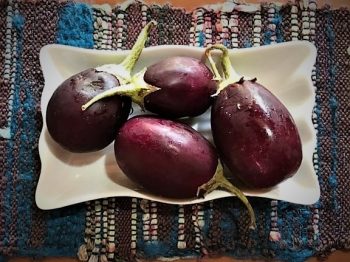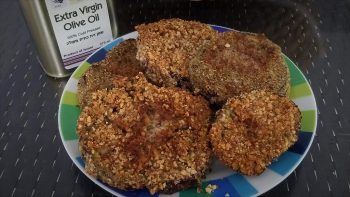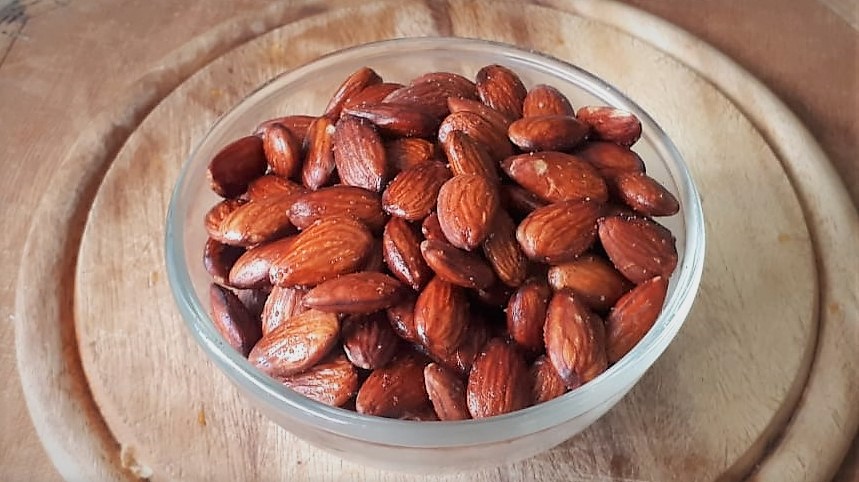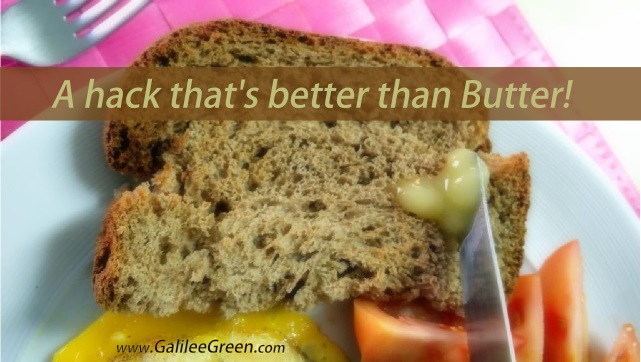Discover the Magic of Israeli Eggplant!
Israeli eggplant, also known as “baladi eggplant,” is a staple in Middle Eastern cuisine, celebrated for its rich flavor and versatility.
Whether you’re a pro in the kitchen or just love a good meal, the Israeli eggplant is your new best friend. It’s not just food; it’s a taste adventure with a splash of health benefits! This veggie is a star in Israeli plates, bringing history and flavor together in one dish.
A Journey Through Time and Taste
The eggplant has been cultivated in the Middle East since at least the Middle Ages. It’s been mingling with Israeli dishes for ages. Think of it like the VIP guest at every meal, from the smoky baba ganoush to the hearty sabich. These meals aren’t just delicious; they bring friends and family together, sharing stories and laughter over a meal. We have at least one eggplant dish at all of our Shabbat meals.

Baby Israeli Eggplants
Flavors That Dance on the Palate
Imagine a taste that’s mild, a bit sweet, and oh-so-creamy. That’s the Israeli eggplant for you! It’s like a blank canvas ready for you to add your favorite spices.
Baladi eggplant, also known as Israeli eggplant, has a unique and delightful flavor profile. It is often described as having a mildly sweet and slightly smoky taste. When cooked, its flesh becomes tender and creamy, making it an excellent base for a variety of dishes12.
The smoky flavor is particularly pronounced when the eggplant is grilled or roasted, as the skin chars and imparts a rich, deep taste to the flesh. This characteristic makes it a popular choice for dishes like Baba Ganoush and other Middle Eastern recipes.
Plus, it is rich in fiber, antioxidants, vitamins C and K, and potassium. These nutrients support heart health, aid digestion, and help regulate blood sugar levels.
And it is good for you!
The Baladi (Israeli) eggplant, like other varieties of eggplant, offers numerous health benefits due to its rich nutrient profile. Here are some key health benefits:
- Rich in Nutrients: Baladi eggplant is low in calories but high in essential nutrients. It contains fiber, vitamins C and K, potassium, and manganese.
- High in Antioxidants: This eggplant variety is packed with antioxidants, particularly nasunin, which is found in the skin. Nasunin helps protect cells from damage caused by free radicals.
- Heart Health: The antioxidants in baladi eggplant, such as nasunin and chlorogenic acid, can help reduce the risk of heart disease by lowering LDL cholesterol levels and protecting the heart from oxidative stress.
- Blood Sugar Control: The fiber and polyphenols in eggplant can help regulate blood sugar levels, making it a good choice for people with diabetes.
- Cancer Prevention: The antioxidants in baladi eggplant, including nasunin and chlorogenic acid, may help protect against certain types of cancer by preventing cellular damage.
- Bone Health: Eggplant is rich in calcium, magnesium, and vitamin K, all of which are essential for maintaining strong bones and preventing osteoporosis.
Israeli Eggplant: From Store to Stove
Picking a Good Israeli Eggplant
- Look for Firmness: Choose eggplants that are firm to the touch. Gently press the skin; it should spring back without leaving an indentation.
- Check the Skin: The skin should be smooth, shiny, and free of blemishes or scars. Avoid eggplants with wrinkled or dull skin.
- Weight: A good eggplant should feel heavy for its size, indicating it is fresh and full of moisture.
- Color: The color should be deep and uniform. For baladi eggplants, this typically means a rich, dark purple hue.
- Stem and Cap: The stem and cap should be green and fresh-looking, not brown or dried out.
Storing Baladi Eggplant
- Room Temperature: If you plan to use the eggplant within a couple of days, store it at room temperature in a cool, dry place away from direct sunlight
- Refrigeration: For longer storage, place the eggplant in the refrigerator.Wrap it loosely in a plastic bag and store it in the crisper drawer, which has higher humidity. Be aware that eggplants are sensitive to cold and can develop brown spots if stored too cold. Wrap it loosely in a plastic bag and store it in the crisper drawer, which has higher humidity.
- Avoid Ethylene Producers: Keep eggplants away from ethylene-producing fruits like bananas, apples, and avocados, as ethylene gas can cause them to spoil faster
- Use Quickly: For the best flavor and texture, use the eggplant within a week of purchase
Popular Israeli Eggplant Dishes
- Baba Ganoush: A creamy dip made from roasted eggplant, tahini, garlic, and lemon juice.
- Eggplant Schnitzel: A traditional Israeli sandwich featuring fried eggplant, hard-boiled eggs, and a variety of fresh vegetables.
- Eggplant Salad: A refreshing mix of grilled eggplant, tomatoes, onions, and herbs, dressed with olive oil and lemon juice.
Cooking Tips
- Roasting: Slice the eggplant into rounds, brush with olive oil, and roast until golden brown.
- Grilling: Marinate slices in olive oil and spices, then grill until tender.
- Sautéing: Cut into cubes and sauté with garlic and onions for a quick and flavorful side dish.
Israeli Eggplant: A Global Nomad
From fancy restaurant menus to your own kitchen, Israeli eggplant dishes have fans all over the globe. They bring a dash of Middle Eastern flair with a modern twist, making every meal a mini celebration.
So, next time you’re cooking up a storm, let the humble eggplant take center stage. It’s a passport to a world of flavors and stories, just waiting for you to explore. And a wonderful way to bring a taste of Israel to your home.
Happy cooking and b’te’avon (bon appetite)!




0 Comments